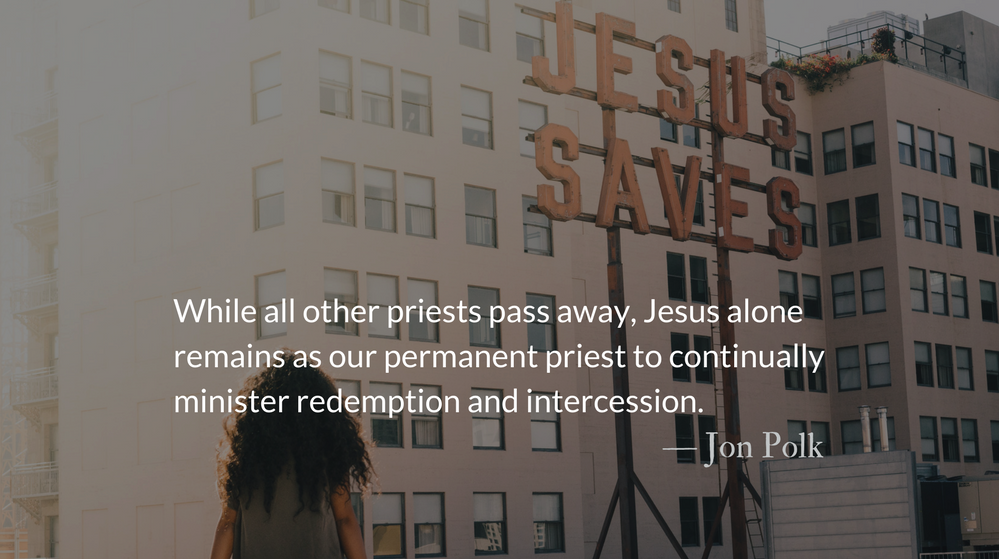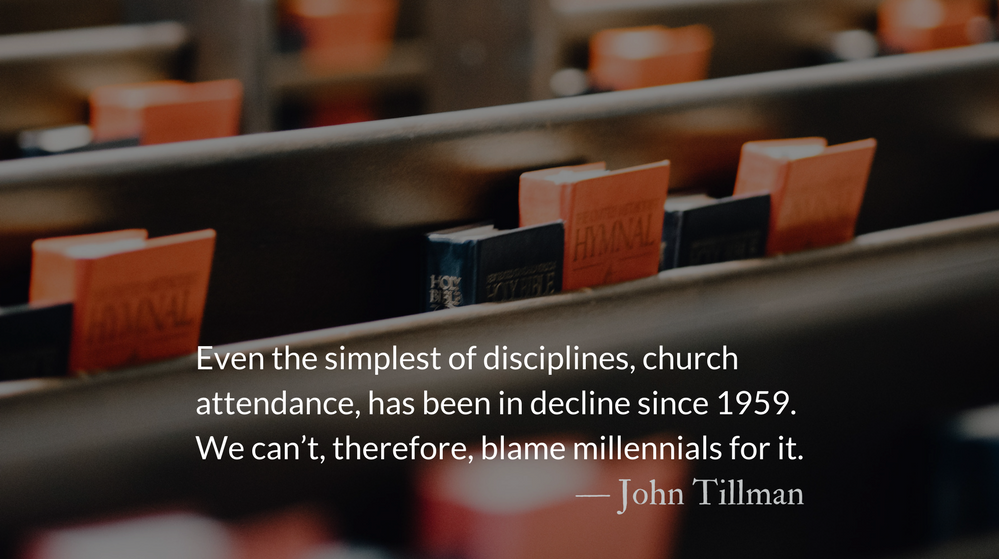Scripture: Song of Songs 8.7
Many waters cannot quench love;
rivers cannot sweep it away.
Reflection: Love Guided Thoughts :: Throwback Thursday
By Richard Baxter (1615 – 1691)
Get but the love of God well kindled in your heart, and it will find employment, even the most high and sweet employment, for your thoughts.
What abundance of matter can a lover find for his thoughts to work on night and day! And will not the love of God then much more fill and feast your thoughts?
How easily can the love of money find matter for the thoughts of the worldling from one year to another?
It is easy to think of any thing which you love.
Oh what a happy spring of meditation, is a rooted, predominant love of God! Love him strongly, and you cannot forget him.
You will then see him in every thing that meets you; and hear him in every one that speaketh to you: if you miss him, or have offended him, you will think on him with grief; if you taste of his love, you will think of him with delight; if you have but hope, you will think of him with desire, and your minds will be taken up in seeking him, and in understanding and using the means by which you may come to enjoy him.
Love is ingenious, and full, and quick, and active, and resolute; it is valiant, and patient, and exceeding industrious, and delighteth to encounter difficulties, and to appear in labours, and to show itself in advantageous sufferings; and therefore it maketh the mind in which it reigneth exceeding busy, and findeth the thoughts a world of work.
If God has no room in the thoughts of the ungodly (Psalm 10.4) it is because he is not in his heart. He may be “on their lips,” but he is “far from their hearts.” (Jeremiah 12.2)
Do those men believe themselves, or would they be believed by any one that is wise, who say they love God above all, and yet neither think of him, nor love to think of him; but are unwearied in thinking of their wealth, and honours, and the pleasures of their flesh?
*Abridged and language updated from Christian Ethics: The Work of Love.
Prayer: The Request for Presence
For God alone my soul in silence waits; truly, my hope is in him. — Psalm 62.6
– Prayer from The Divine Hours: Prayers for Springtime by Phyllis Tickle.
Full prayer available online and in print.
Today’s Readings
Song of Songs 8 (Listen – 2:23)
Hebrews 8 (Listen – 2:22)






